It’s hard to believe that it’s been well over 50 years (7/30/67) since Joni (Eareckson Tada) broke her neck by misjudging the depth of the waters of the Chesapeake Bay and diving in.
This past week, I watched an interview during which she explained how she’s struggled with quadriplegia and life in a wheelchair for close to six decades. Few of us have any idea how difficult it’s been.
How has she coped?
With the help of the 10 words shared by her friend, Steve Estes, as she struggled to understand God’s role in her accident and plan for her life:
“God permits what He hates to accomplish what He loves.”
Those simple words are loaded with meaning and mystery, especially for anyone who has wondered about a loving God’s role in personal suffering known as “theodicy.”
How does the Bible explain it?
Well, Lamentations 3:32-33 gives us some insight: “… if He causes grief, then He will have compassion according to His abundant lovingkindness. For He does not afflict willingly or grieve the sons of men.”
God’s sovereignty requires His being a part in every calamity (Isa. 45:7; Amos 3:6), but we’re assured it gives Him no pleasure in doing so (Ezek. 33:11). He “gets no kicks” out of His decision to afflict or cause grief for anyone. Job’s story illustrates that fundamental truth this way, “The LORD gave and the LORD has taken away. Blessed be the name of the LORD” (Job 1:21).
A good and loving God “permits what He hates.” Why? “To accomplish what He loves.”
Maybe the best way to think about this deep mystery is Jesus and His agony on the cross. Abba allowed the horrific suffering of “His only begotten Son” so that He could demonstrate His sacrificial love and by it, redeem sinful humanity. It’s why the OT Patriarch Joseph could say after his painful and heart-wrenching journey, “As for you, you meant evil against me, but God meant it for good in order to bring about this present result;” (Gen 50:20).
That’s Joni’s testimony. For close to 60 years, she’s used that horrible injury as a platform and pathway for sharing with others the good news and hope of the gospel. It hasn’t for one moment ended her chronic pain, but it has helped her hold fast to the grace of God in all of her earthly afflictions (2 Cor. 1:3-4) and long for “the hope of glory” (Col. 1:27) in heaven.
Can you testify to the truth of those 10 words?
Most of us can in some way as we all face unexplained challenges… maybe some will come this week. Whatever happens, if we can trust Him through the pain and confusion, hanging on sometimes by the smallest of faith, He promises that one day, either in this life or the next, He “will exponentially atone for every tear” (Psalm 56:8) and “abundantly reward us for every hurt” (J.E.T.).
So, as we start this Monday Mourning, let’s hang on and believe that our good and gracious Abba is at work, even when there is confusion in our minds, tears in our eyes, and pain in our bodies. Jesus assures us, “In this world you will have trouble. But take heart! I have overcome the world” (John 16:33, NIV).
Know that I love you all,
Rev. Dennis Keating
P.S.: If you would like to subscribe to Pastor Dennis’ once-a-week reflections, sign up at gratefulshepherdministries.org.
Editor: This was a re-posting of a very applicable entry from Pastor Dennis Keating’s “Monday Mourning” devotional from February 12, 2024.

